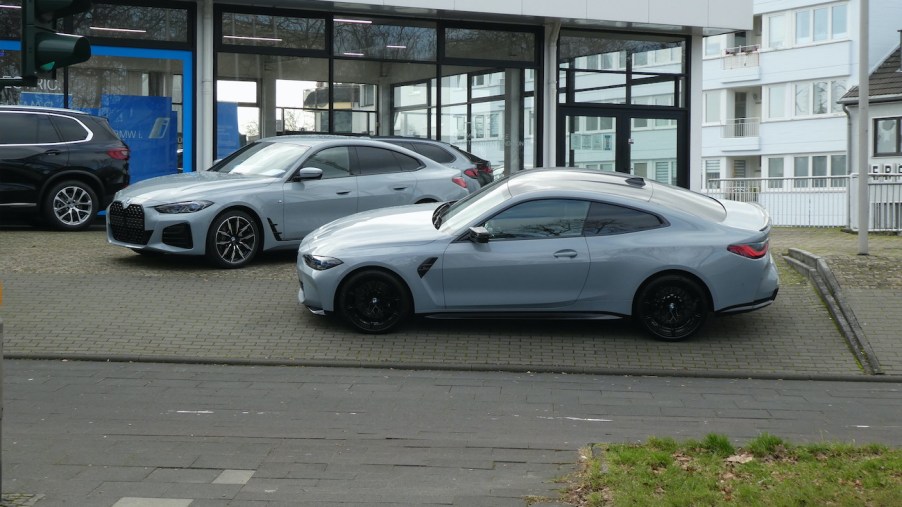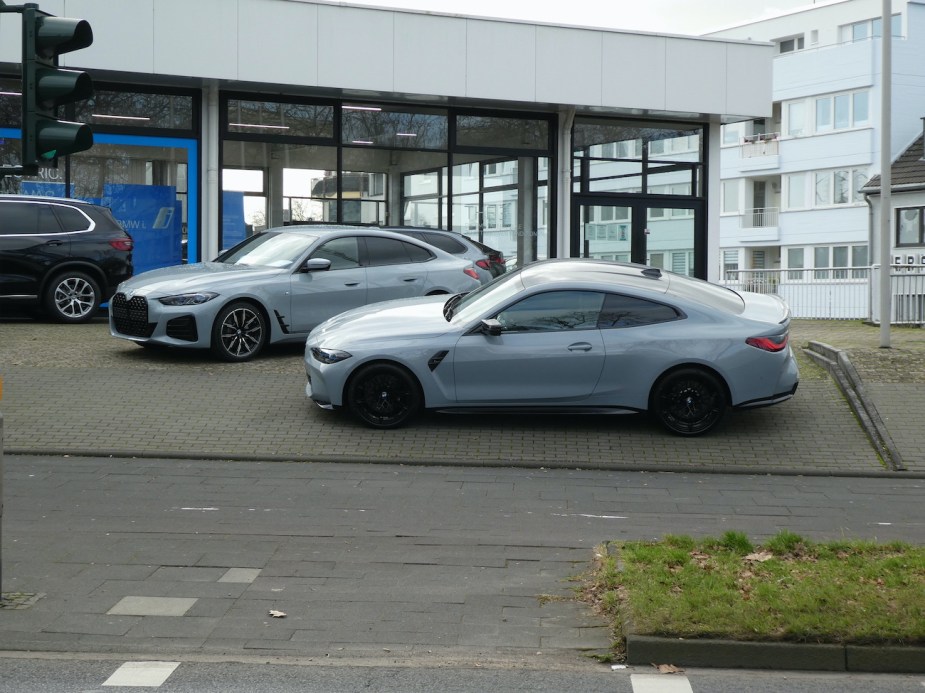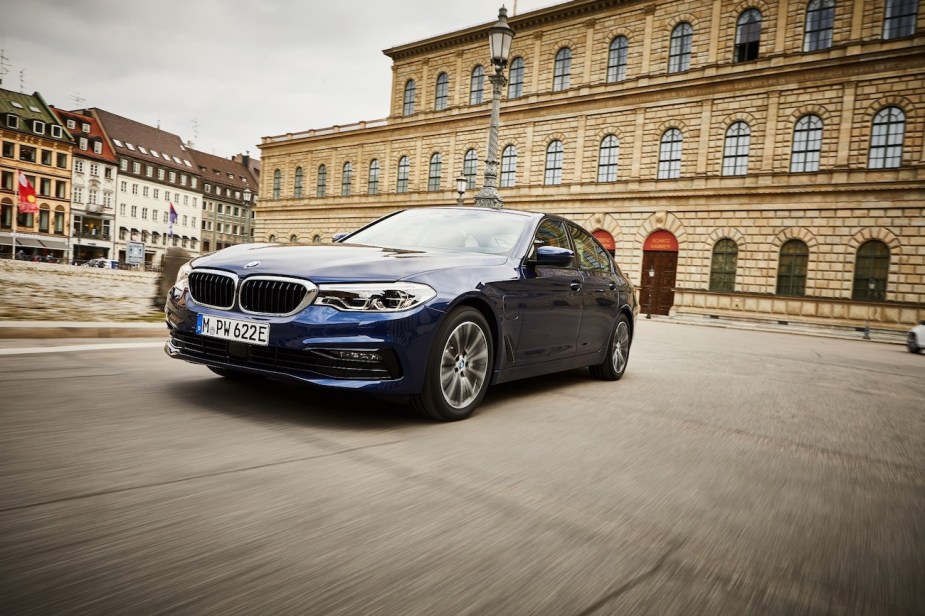
How Much Does It Cost to Own a Used BMW?
If you have been looking to purchase a used BMW, you have likely researched the cost of ownership that comes with them. There are many owners, and previous owners with horror stories about how owning a BMW could make you go broke. While other stories are those of success and worry-free ownership years.
In reality, owning a BMW is unlike owning any other luxury car. The cost of parts and labor for repairs is high, but so is the reward of driving one of the most solid cars on the road every day. Here is an insight as to how it can cost to own a BMW.
The cost of insurance and gas for a BMW can be higher than you’re used to
If you’re shopping around for a BMW and currently drive something like a Honda Civic or a Toyota Corolla (especially one that’s older), you’ll need to prepare to pay more for gas and insurance. Of course, both of these factors can vary from driver to driver depending on how the car is driven, where it’s registered, and the driver’s stats (age, driving record, etc.)
One good example is Justin Buice – a YouTuber and owner of a 2006 BMW 330xi – who stated in a recent video that he pays $610 for six months, so around $100 per month. Again, this amount can vary depending on where you live and the age of the BMW that you buy.
As for fuel, Buice said he spends around $100 a month to fill the car up twice. He averages around 22 mpg, which is on par for the inline-six engine that his car is equipped with. This goes to show that, in general, a BMW can be a little more costly than its Japanese counterparts.
“Just keep in mind that BMWs do require premium fuel,” Buice said. “If you’re used to putting regular (octane) in your car, you might see a little sticker shock the first time you fill up.”
General maintenance on a BMW isn’t too bad if you can do the work yourself

It’s no secret that you’re going to pay a lot more to repair and maintain a BMW if you bring it to a dealership. Many dealerships will charge around $140 per hour for labor, which adds up quickly. There’s also a massive upcharge for the parts as well.
According to Buice, the cost for simple maintenance jobs like an oil change can be severely cut down if you can do it yourself. Buice says he pays around $50 per oil change by finding all of the parts (oil and filter) online and buying the full-synthetic oil at Walmart.
Additionally, other maintenance parts like a cabin filter and engine air filter can be found for cheap online and are easy to replace yourself. As for repairs, you could be better off finding an independent mechanic for repair as opposed to going to a dealership, as they end up charging a lot less.
Buice notes in his video that the most expensive repair on his car was an axle shaft that cost him $550. In the grand scheme of BMW repairs, that doesn’t sound so bad.
What’s the most reliable BMW?

There’s no clear-cut answer to this question, as it can be hit and miss. Certain sites like U.S. News recommend BMW models like the 2018 3 Series, the 2015 BMW 4 Series, or even the 2016 X1. Ultimately, it really depends on the car as no two used cars are alike.
As a long-time BMW owner, Buice recommends some general advice when selecting a used BMW: “My advice is to buy something that’s non-turbocharged, manual transmission, and if you can, look for one with under 100,000 miles. Typically, over 100,000 miles is when things need to get replaced.”
A search on Car Complaints shows that the BMW X3 and X5 have the most complaints out of all of the models. Many of the complaints filed by owners include engine failures concerning stalled engines and a broken timing chain guide (on the X3).
That doesn’t necessarily mean any interested buyers should avoid these models altogether. But it does mean that a pre-purchase inspection before buying is a good idea.
Ultimately, owning a BMW may only be a little more expensive than owning a Japanese car if you can do a lot of the maintenance and repairs yourself. Otherwise, the cost of gas, insurance, and the car itself is a little higher than what most drivers may be used to. However, if you have to go to the dealership for every maintenance job and repair, you could be looking at some hefty bills in the future.



